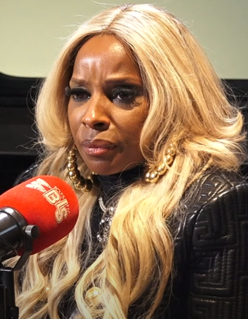A Quote by Trent Reznor
After coming from a major label, I realized the entire business has been decimated, and you can't look to labels to try to figure it out because they don't even use the technology, and they're oblivious to how people consume music these days.
Related Quotes
I've been on a major label for 14 years. I've always wanted as many people as possible to hear my music, and it definitely made sense for the majority of my career to be on a major label, on a distribution level, to be in people's faces and be out there, and have access to major labels' incredible machine, even though they have not understood or haven't been invested in what I was doing.
This was early '90s and in New York hip-hop was coming on really strong; that was the sort of urban folk music that was almost threatening to eclipse rock music and indie rock music in terms of popularity, which it has certainly gone on to do. But you know, this is the end of the 1980s, beginning of the '90s. The whole independent label thing has really evolved to this incredible point from the early '80s when we started, and there wasn't one record label at all, until a couple people started forming these small labels.
Generally, the technology that enables disruption is developed in the companies that are the practitioners of the original technology. That's where the understanding of the technology first comes together. They usually can't commercialize the technology because they have to couple it with the business model innovation, and because they tend to try to take all of their technologies to market through their original business model, somebody else just picks up the technology and changes the world through the business model innovation.



































